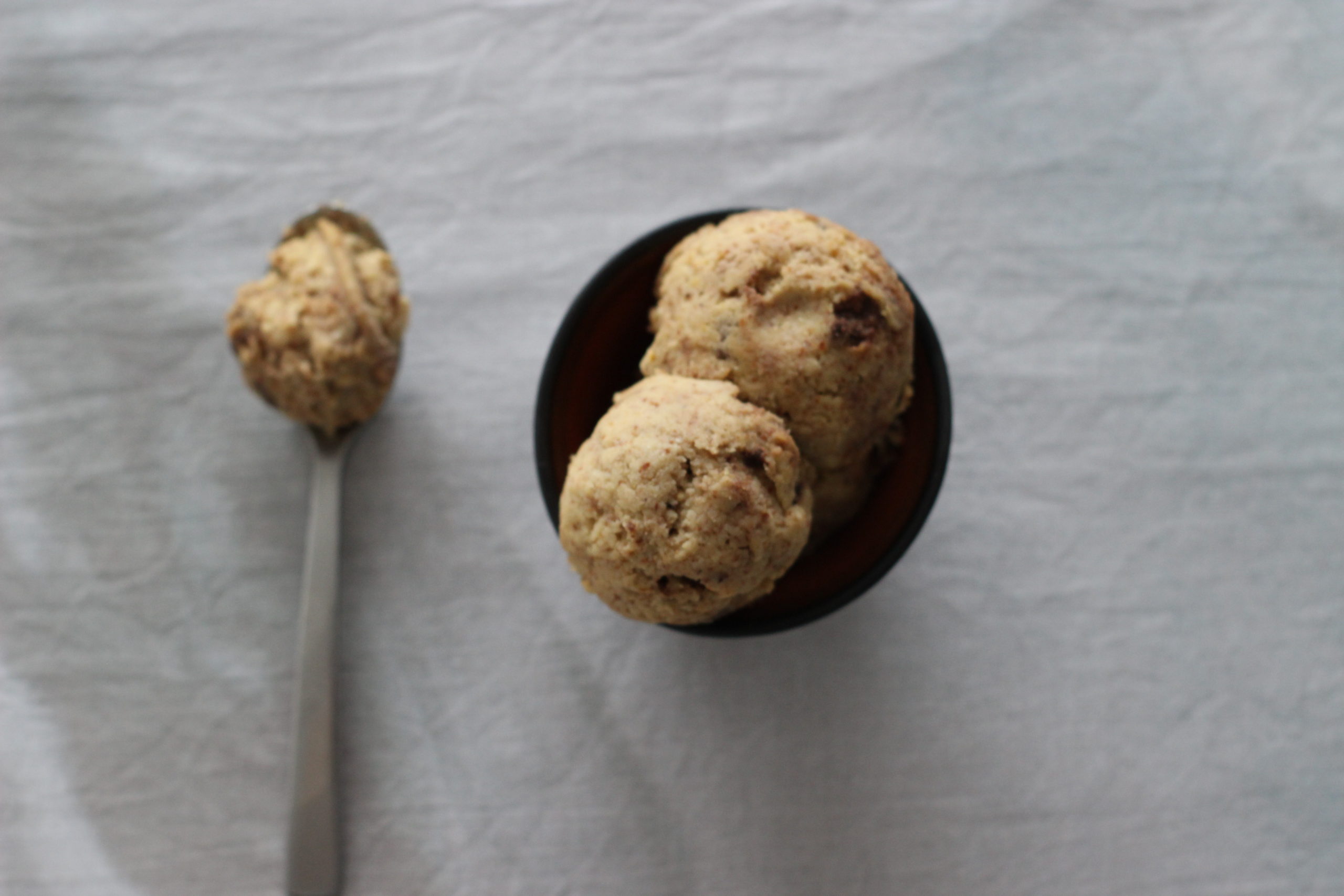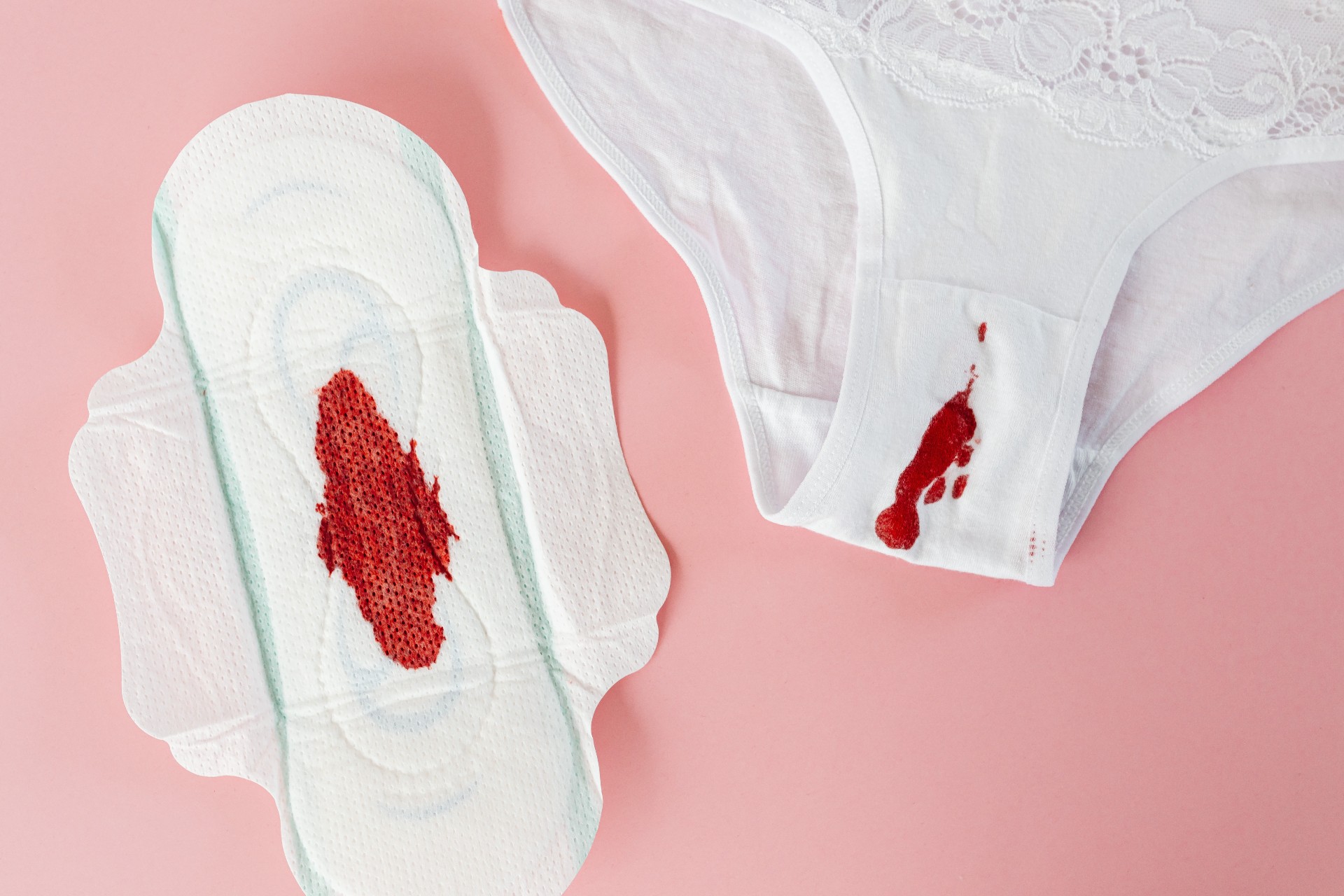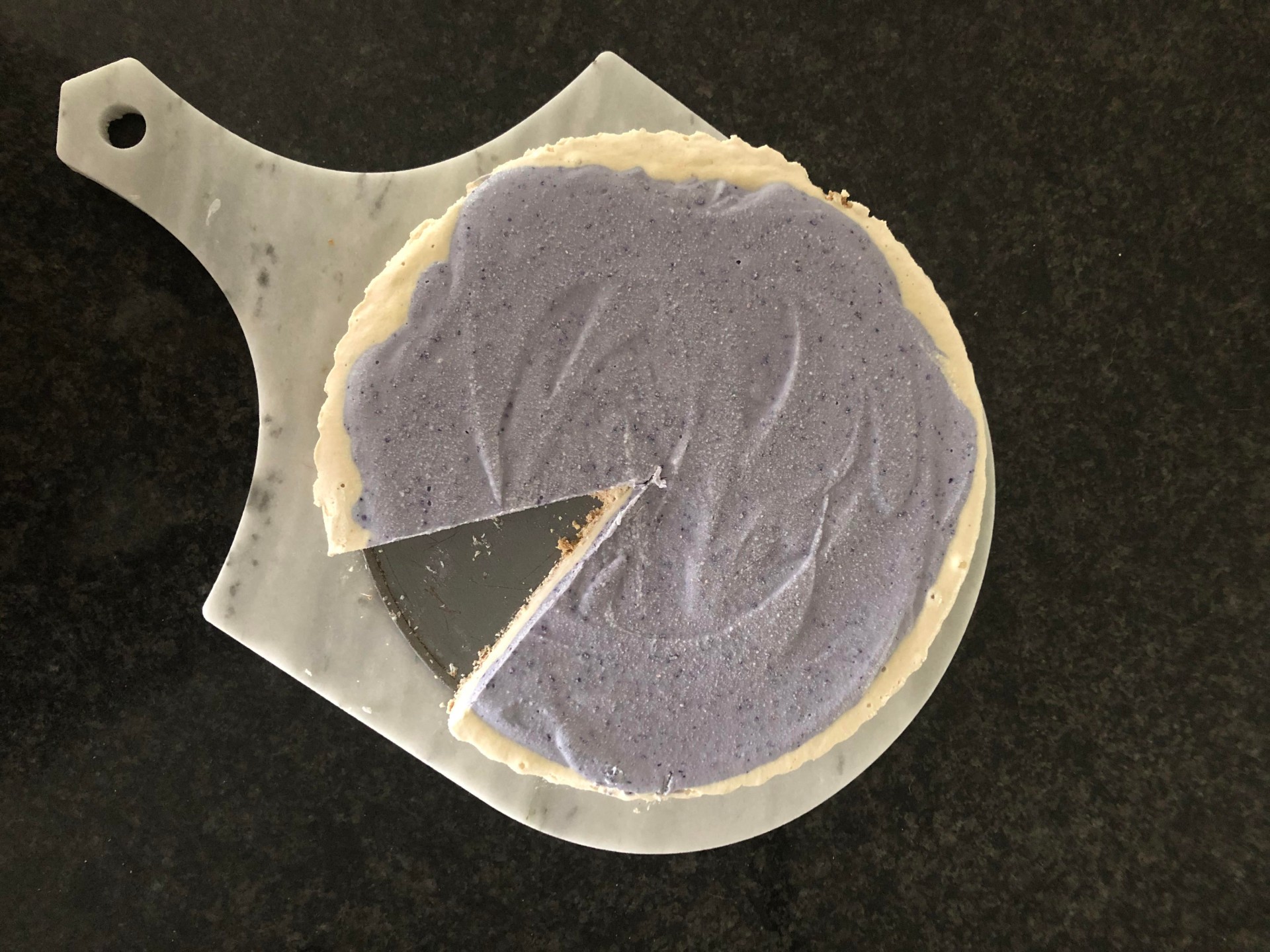I am not a nutritionist who generally prescribes calcium because I do believe you can obtain all you need from a healthy and varied diet, plus supplementing calcium has been linked to an increase in heart attacks (but this may have been because the supplements used were synthetic, more clarity is needed here). That being said, there are special circumstances that may require it (in a bio-available natural supplement form) but there are also certain things you could be doing that may be affecting the amount of calcium you actually end up absorbing from your healthy diet. Listed below, are some simple dietary habits that may need reducing, removing or even upping to help you go on to absorb more calcium from your diet.
Vitamin D – Many people are not getting enough vitamin D in the UK, as we suffer with a lack of sunlight for 6 months of the year, and also diet does not really do a good enough job in providing all we need to meet healthy levels. By knowing you are getting enough vitamin D, usually through potent supplementation and regular testing, you will be helping to increase how much calcium you absorb in the gastrointestinal tract from the food that you eat which contains it.
Table Salt – Table salt contains sodium and chloride, which can increase how much calcium is excreted in your urine and therefore will contribute to a lower overall absorption rate of calcium.
Caffeine – Caffeinated drinks such as tea, coffee and soft drinks can cause bone loss if you are not getting enough calcium in your diet.
Carbonated Beverages – Phosphoric acid is found in carbonated beverages and it is believed, from early research in this area, that this substance can cause calcium to be replaced in the bone by the phosphoric acid.
Milk – Research has found that the countries that consume the most dairy, have the highest rates of osteoporosis. Whether these studies are correct or not is irrelevant to me and does not play a part in my role choosing to not consume any diary (I rely on sweet potatoes, broccoli and leafy greens which seemed to work as I also did not have any dairy during my pregnancy or before I conceived and my son has healthy strong bones!)
Not only are we the only animal species that consumes dairy products after we weaning, we are also the only animal species that consumes dairy from another species other than our own. Whilst dairy is a good source of calcium, there is plenty of research stating that the most bio-available source of calcium best suited to humans is obtained from calcium rich vegetables. Not to mention the way we obtain milk from cows is not natural or kind!
Protein – Overdoing it on protein can cause calcium to be leached from the bones, but this appears to rectify the body pH to be slightly alkaline, as animal protein is very acidic. So, in this instance, have a small amount of protein each day as it is still a vital macro-nutrient for repairing and replacing tissue, building strong bones and to have a healthy immune system, but always have alongside some gently streamed or raw alkalising vegetables to reduce the acidity levels building up.


